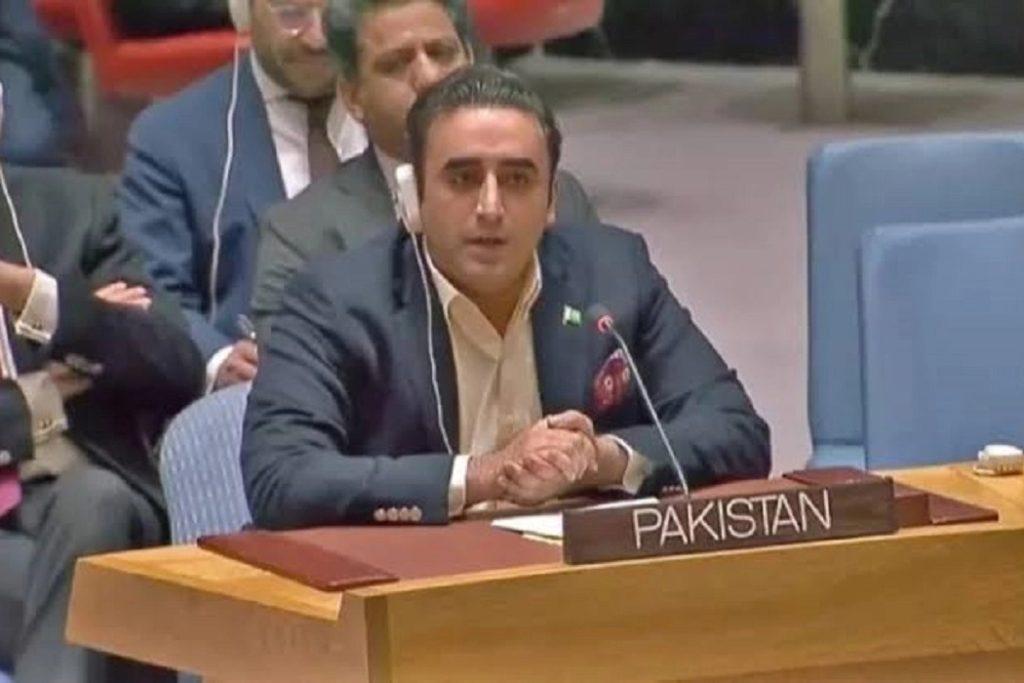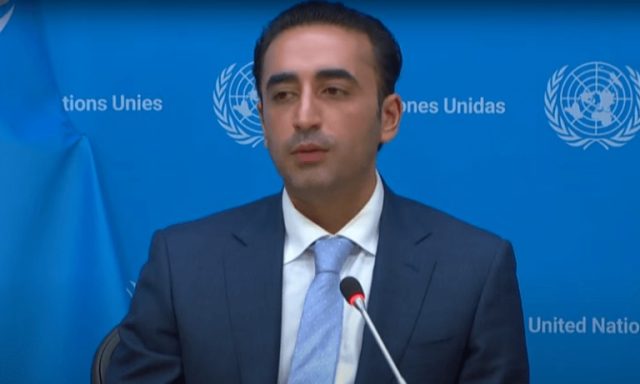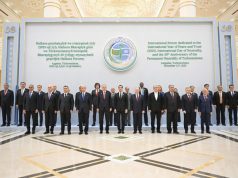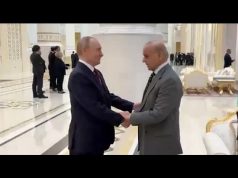UNITED NATIONS, Wednesday, June 4 (WNP): A high-level Pakistani parliamentary delegation led by PPP Chairman and former Foreign Minister Bilawal Bhutto Zardari concluded a two-day visit to the United Nations Headquarters in New York, calling for the international community to uphold international law and push India towards constructive dialogue.
The delegation conveyed Pakistan’s firm message: Islamabad seeks peaceful, cooperative relations with all neighbors based on mutual respect and equality, but will not accept aggression, impunity, or violations of international norms.
During the visit from June 2 to 3, the delegation met with UN Secretary-General António Guterres, President of the UN General Assembly, members of the Security Council, envoys of the OIC group, civil society representatives, and the Pakistani diaspora. The outreach aimed to present Pakistan’s perspective on escalating regional tensions stemming from what it described as India’s provocative conduct.
The delegation criticized India’s unprovoked aggression, inflammatory rhetoric, and the unilateral suspension of the Indus Waters Treaty (IWT)—a move Islamabad termed a blatant violation of international obligations and a threat to over 240 million people in Pakistan. It rejected New Delhi’s allegations linking Pakistan to the April 22 terrorist attack in Indian Illegally Occupied Jammu and Kashmir, branding the claims baseless and unsupported by evidence.
Highlighting Pakistan’s policy of “peace with responsibility,” the delegation stressed Islamabad’s measured and lawful response to Indian aggression. Bilawal said Pakistan remains committed to peace but will defend its sovereignty with full resolve. He warned that India’s push to normalize unilateral military actions risked catastrophic escalation in South Asia’s nuclear context.
The delegation reminded the global community of Pakistan’s role and sacrifices in counterterrorism efforts, noting that over 80,000 Pakistanis, including civilians and security personnel, have lost their lives. It also spotlighted Indian-sponsored terrorism in Pakistan and New Delhi’s transnational assassination campaign.
Bilawal strongly criticized India’s suspension of the 1960 Indus Waters Treaty, calling it an illegal and dangerous precedent. Minister for Climate Change Musadik Malik emphasized the treaty’s importance for food security and climate resilience in Pakistan. The delegation urged the UN and key member states to press for the treaty’s restoration and prevent water from becoming a weapon of war.
Reiterating Islamabad’s readiness for comprehensive dialogue, Bilawal stressed that no durable peace is possible without resolving the Jammu and Kashmir dispute in accordance with UN Security Council resolutions and the will of the Kashmiri people. He proposed establishing a bilateral mechanism to investigate terror incidents to prevent further conflict.
The delegation accused India of exploiting terrorism as a political tool to suppress minorities and justify aggression, especially in Kashmir. Despite this, Bilawal said Pakistan remains willing to cooperate on counterterrorism but rejected the idea that military action should follow every terror incident. “India’s approach is untenable for two nuclear-armed neighbors,” he added.
The delegation held separate briefings with ambassadors of Security Council members and OIC states. It also met with Russia’s Permanent Representative to the UN, Ambassador Vassily Nebenzia, who was briefed on the regional situation following India’s strikes.
In these meetings, Bilawal reiterated Pakistan’s stance: aggression must be met with restraint, diplomacy, and adherence to international law—not escalation. He also emphasized that Kashmir remains the root cause of all tensions, and resolution of the dispute is key to sustainable peace.
Security Council members appreciated Pakistan’s outreach and reaffirmed the need for diplomatic solutions and de-escalation. They underscored that the UN Charter must guide state conduct, particularly in conflict-prone regions like South Asia.
Wrapping up his New York visit, Bilawal told reporters that he was satisfied with the international response and warned that future escalations could be harder to contain. “The threshold for full-blown conflict between two nuclear states is dangerously low,” he said. He credited international mediation, particularly by U.S. President Donald Trump and Secretary of State Marco Rubio, for helping secure a temporary ceasefire, but urged longer-term engagement.
Bilawal expressed concern over Indian Prime Minister Narendra Modi’s hardline stance, comparing him to Israeli Prime Minister Benjamin Netanyahu. “There is no military solution to Kashmir, terrorism, or water disputes. Dialogue is the only way forward,” he stressed.
The delegation departed for Washington following its engagements in New York, where it is expected to continue lobbying efforts as an Indian delegation led by former diplomat Shashi Tharoor simultaneously lobbies U.S. lawmakers and think tanks.




